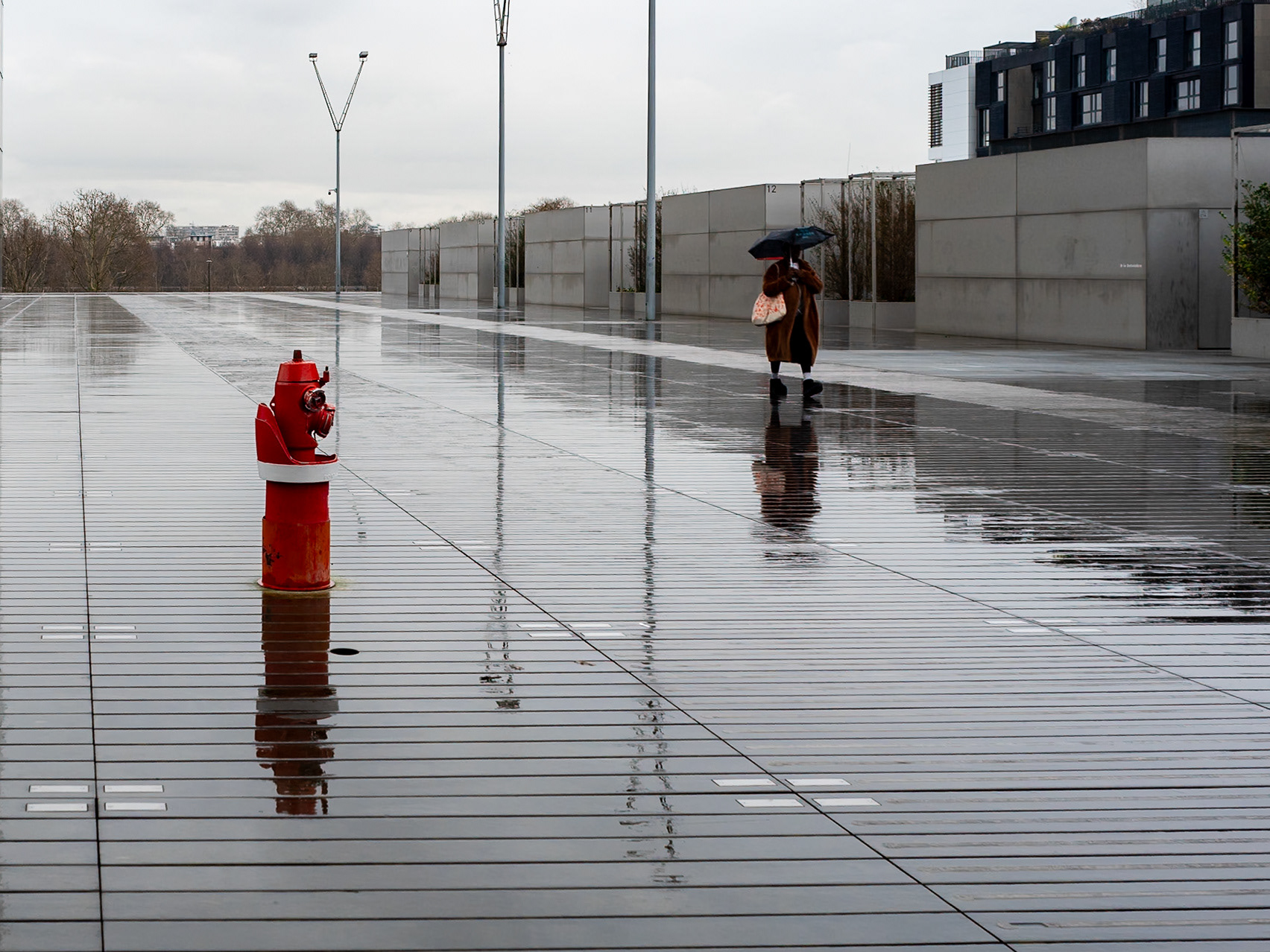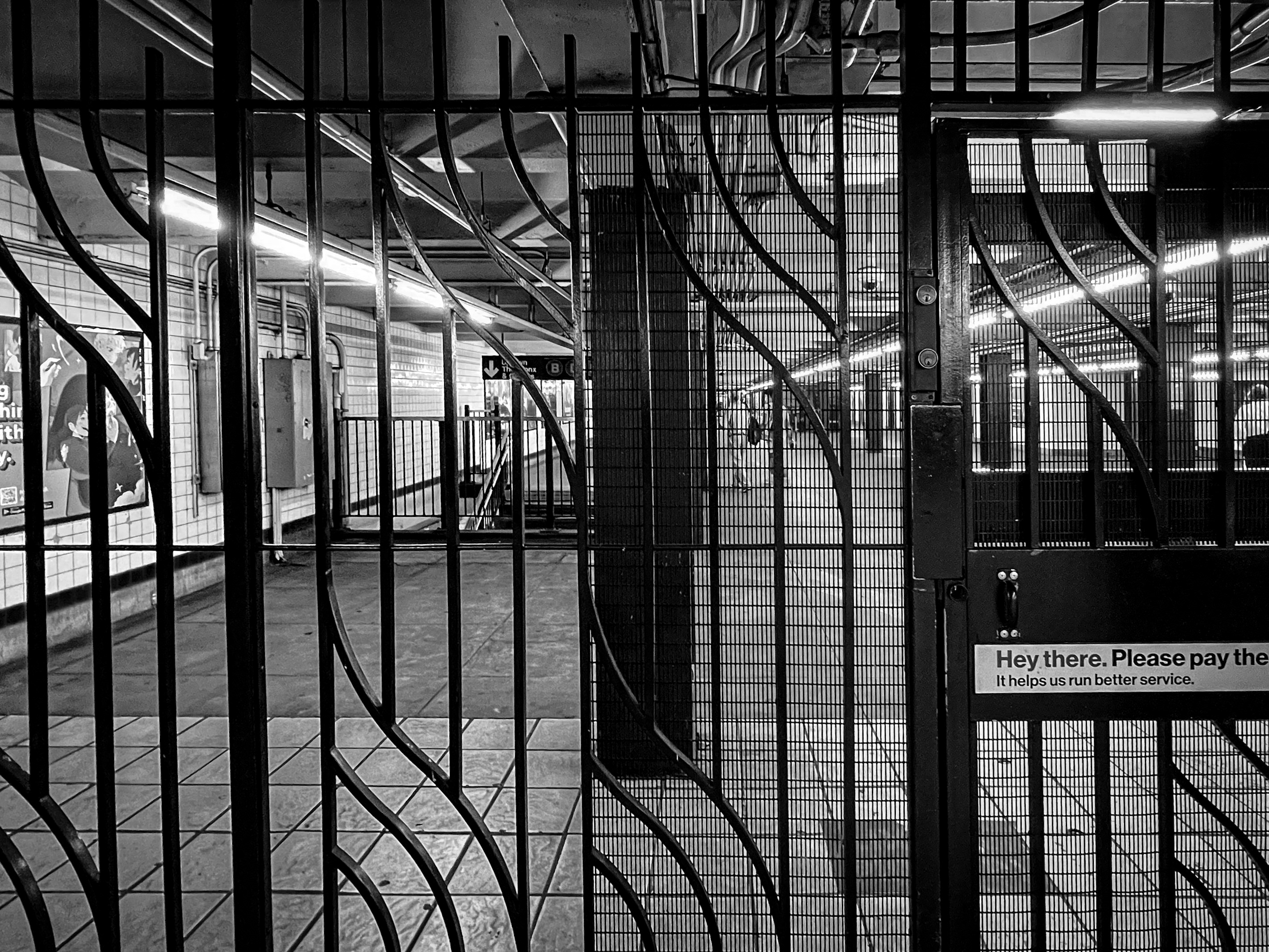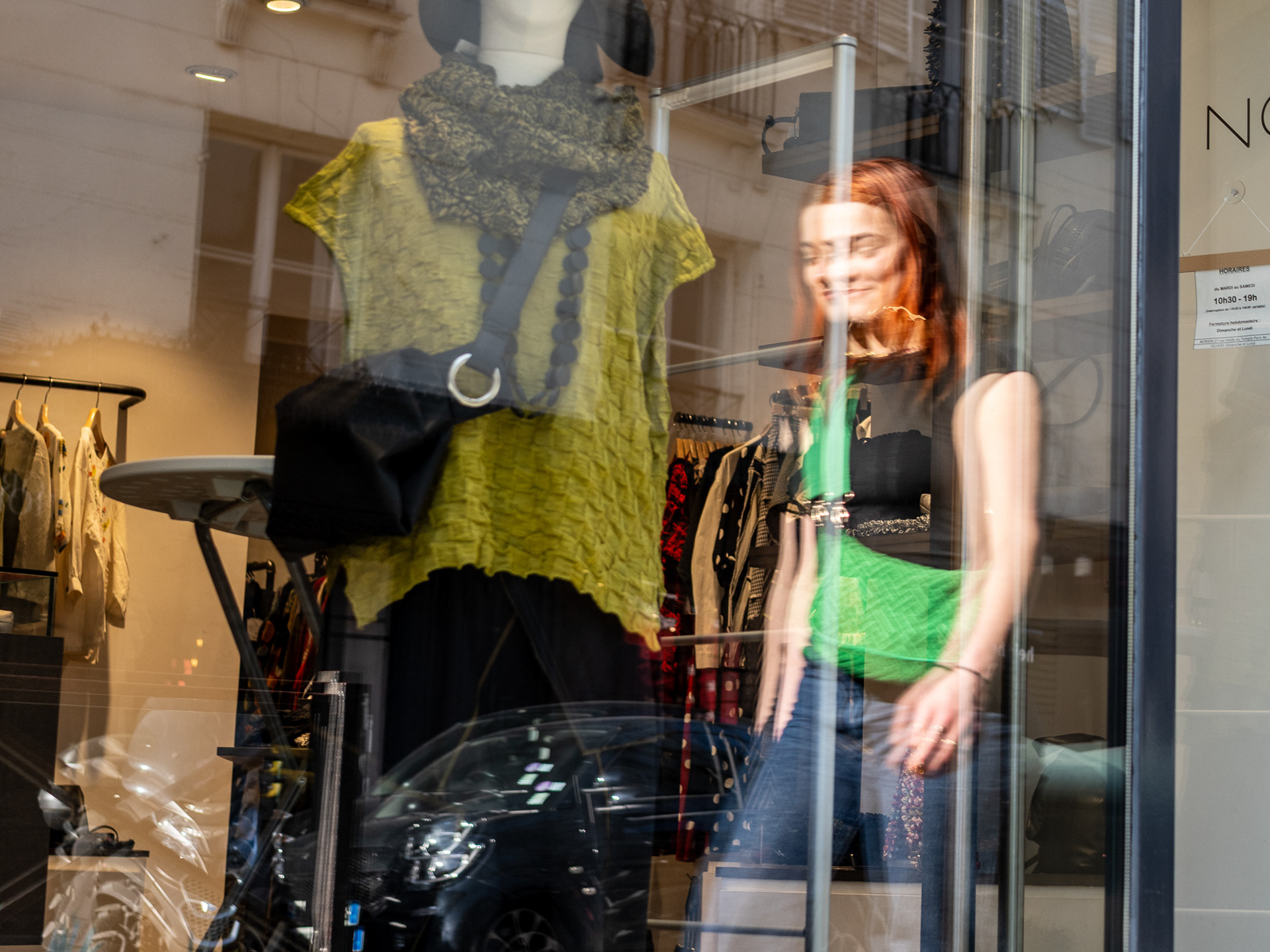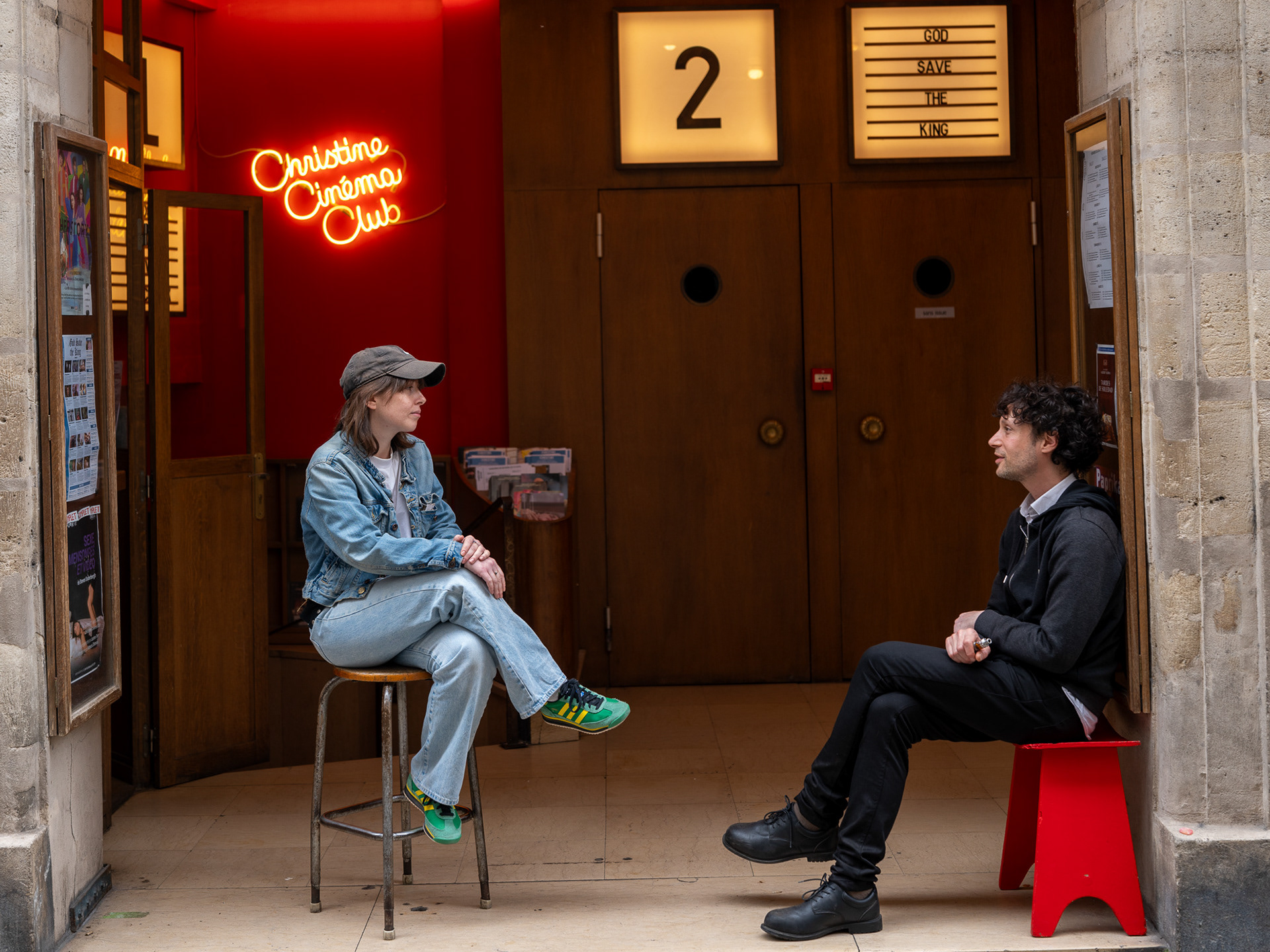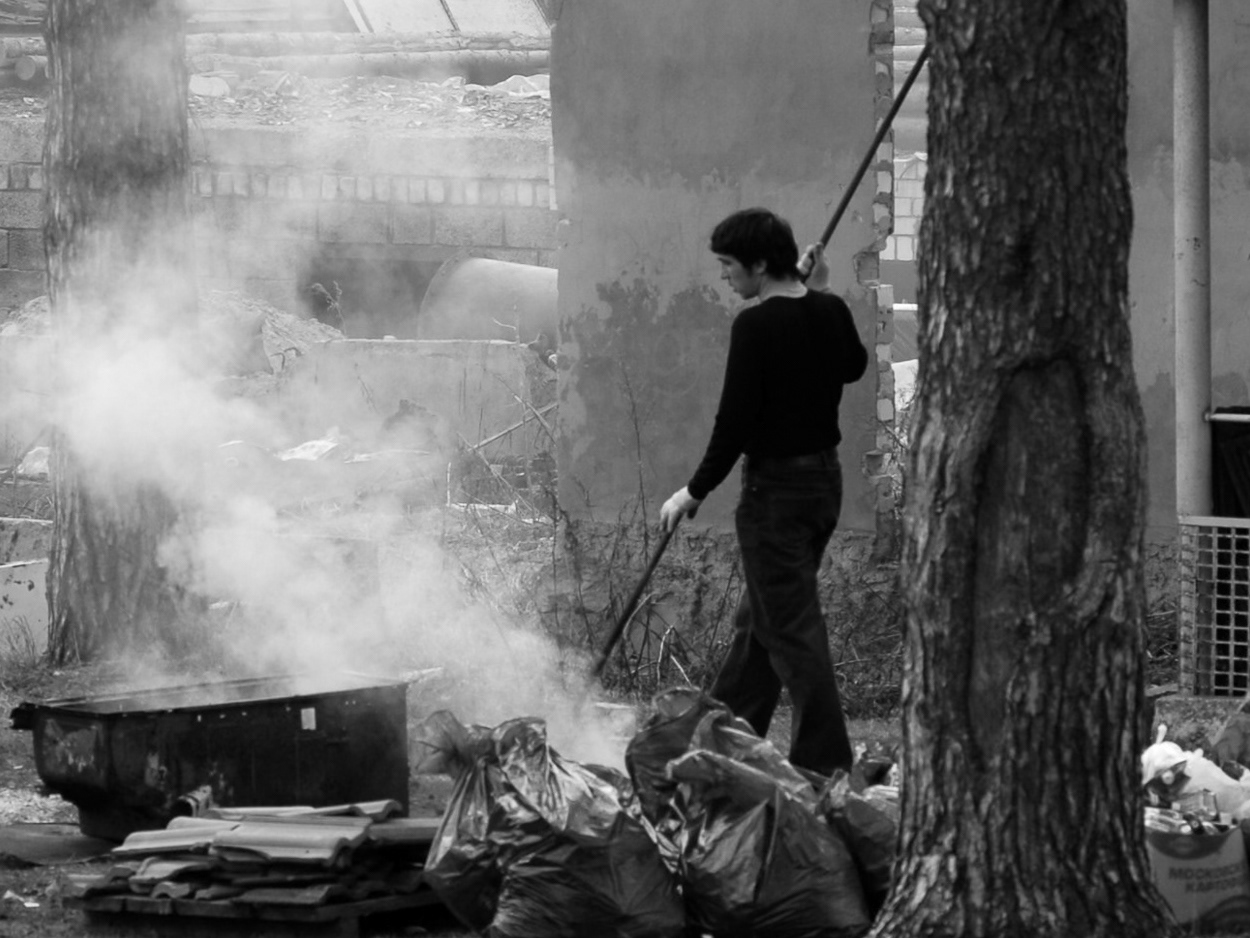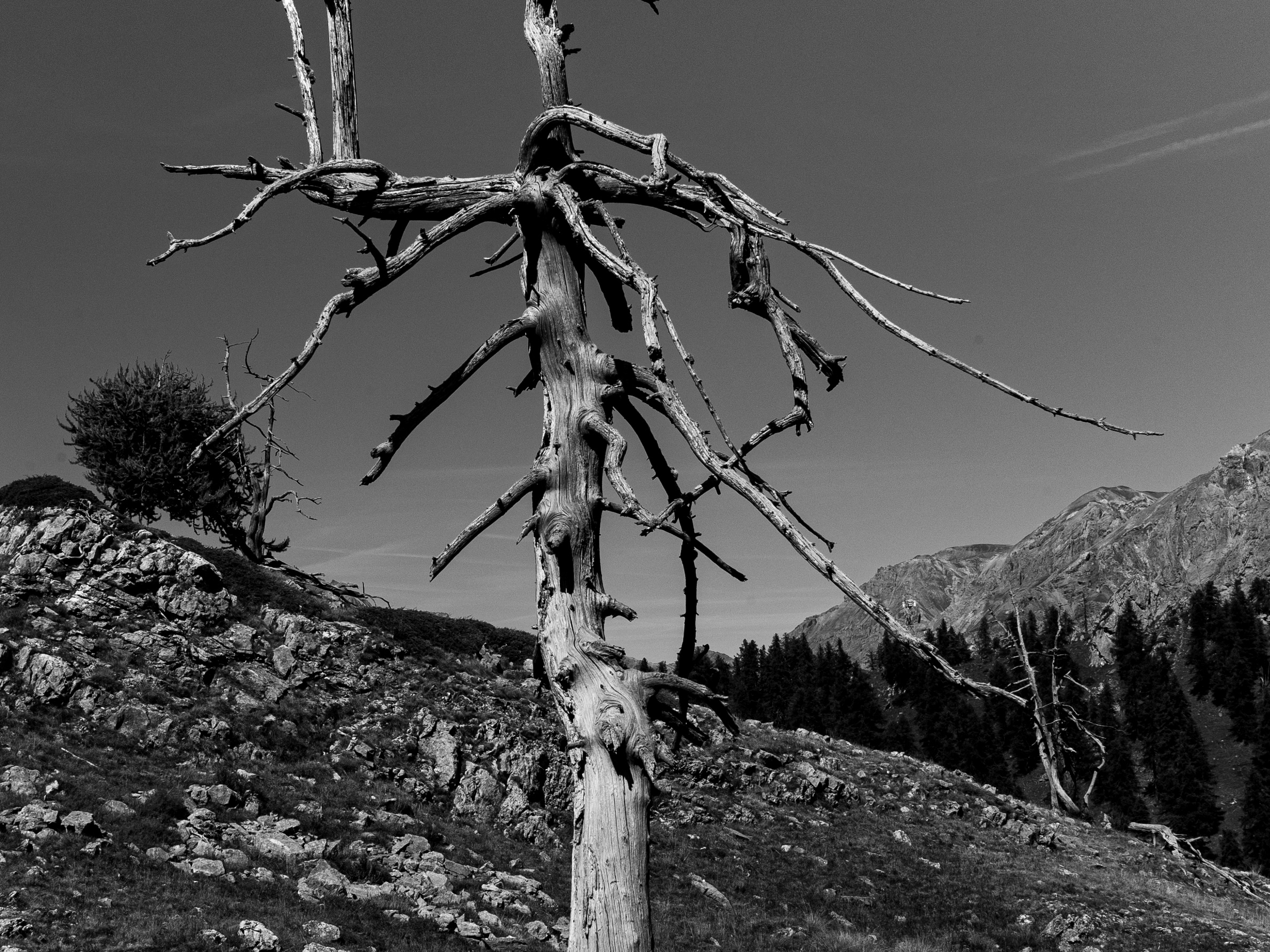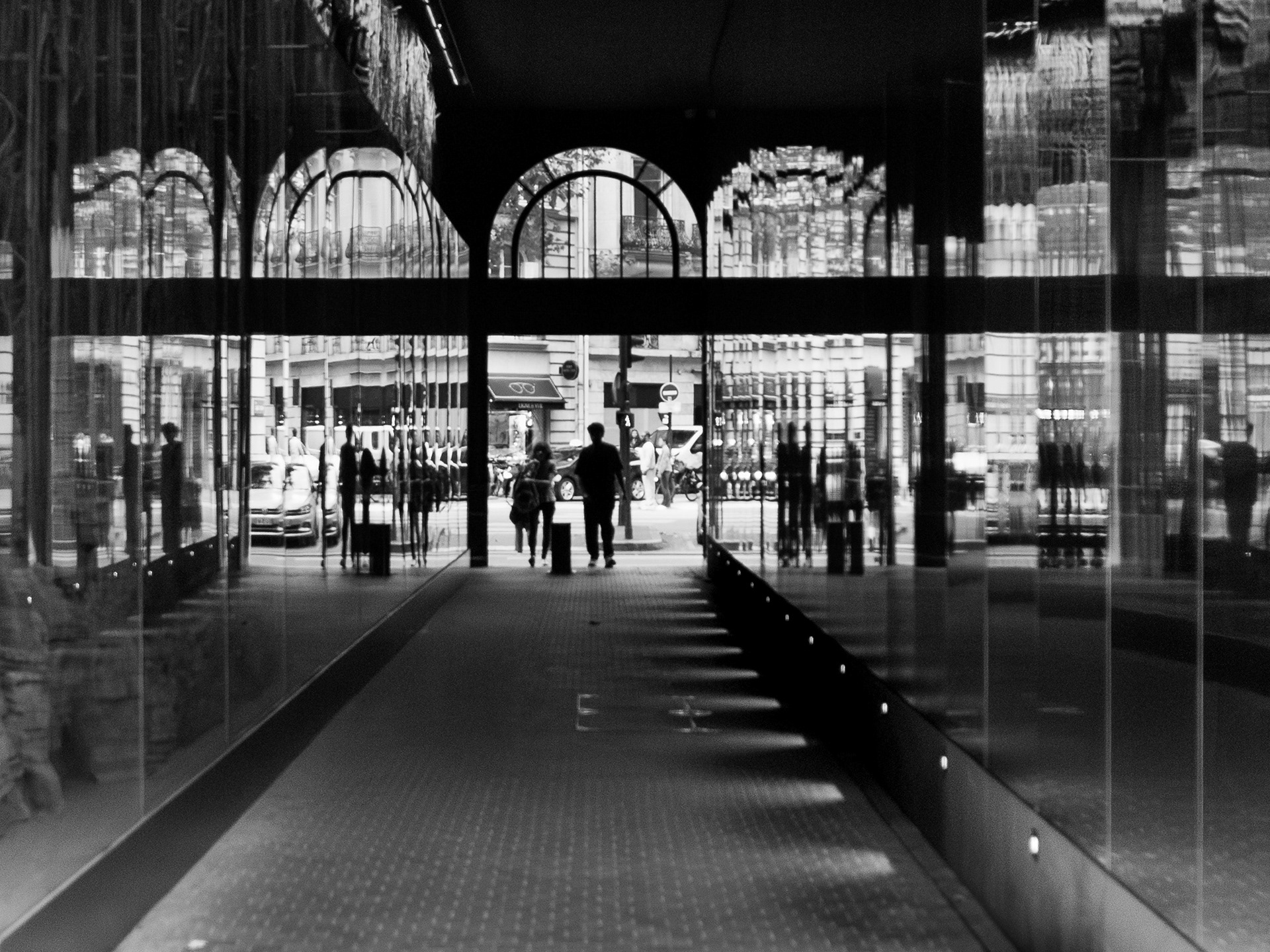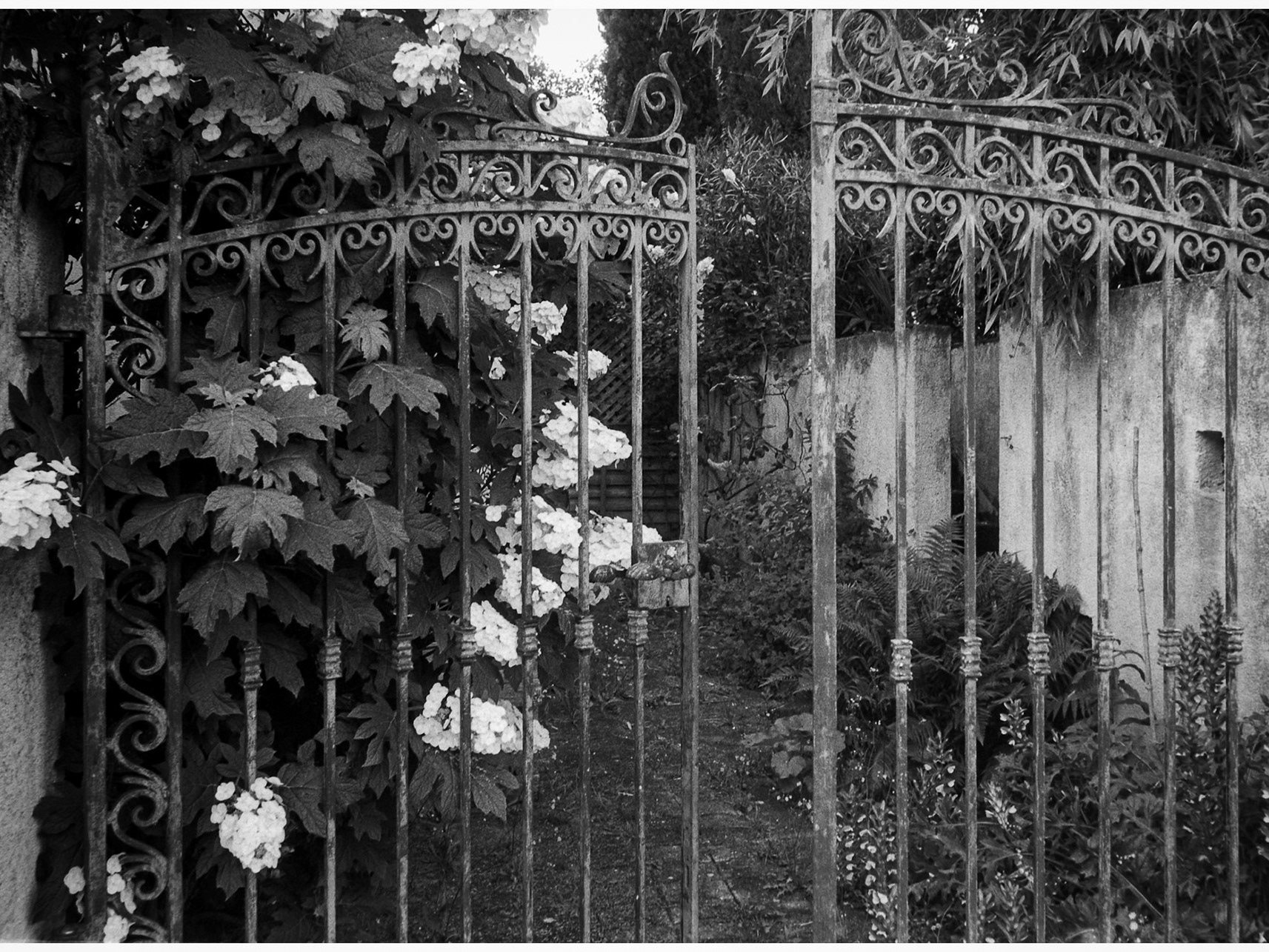Picture taken on May 26th, 2024. 96 days and 1 hour and 36 minutes before the start of the Paris 2024 Paralympic Games. 61 days before the opening of the Olympic Games. No one, absolutely no one, stops before the clock, shaped like an Olympic flame, counting down to the Paralympics. They don’t even glance at it. It stands there, a five-meter-high obstacle, three meters wide, to be navigated around while staring down at the ground, at the Seine, at a screen.
Excerpts gathered from the French newspapers (Aujourd’hui en France, Les Échos, Le Figaro, L’Humanité, Libération, Le Monde, Le Parisien, Le Télégramme, La Tribune Dimanche) in the months leading up to the Olympics:
Tourism companies brace themselves against "Olympic bashing". United under the banner of the Alliance France Tourisme, they’ve decided to fight back by launching a training program.
Are young people being encouraged to leave the city this summer? Allegations have emerged accusing the prefecture of pushing associations and town halls to send children and teenagers away during the Olympic Games. Some denounce it as "discrimination". The prefecture denies it. "We’re being kicked out of our homes; we don’t have much of a choice," says Lina, a BTS student. A first wave of a hundred Parisian students is leaving their university residences, requisitioned for the Olympics, before being relocated to other university social housing units in the capital.
Prostitutes fear their work will come to a halt during the Games. Various associations and advocacy groups have published reports on the status of sex work in the context of the Paris Olympic and Paralympic Games. According to them, the event is used as a pretext to justify increased repression against sex workers.
There are concerns about a "social cleansing" in Paris streets ahead of the Games. Several police operations targeting migrant camps and homeless shelters have been carried out in recent weeks, say poverty advocates denouncing "forced evictions", pushing already vulnerable populations closer to the edge.
Who still wants the Olympic Games?
If I understand correctly, there are people happy to welcome the Olympic Games to France.
Despite the popular enthusiasm around the torch relay, why do the French still not embrace the Olympics?
With five months to go, it feels like the anticipation has lost its shine. Between the CGT union’s strike warnings, squabbles over transportation, endless city construction, the requisitions of student rooms, climate activists wanting to infiltrate volunteer ranks, the price of tickets, the half-baked inspection trip to Tahiti, a weakened minister, and the latest controversy over the organizing committee president’s salary—the Olympics have become a battleground for grievances and score-settling.
Clogged streets and endless disruptions, everyone, in Île-de-France at least, will be part of it, whether they like it or not.
Traffic issues, pass restrictions, torch relay disruptions, unrented apartments, controversies over Aya Nakamura or Jul, dire predictions of disaster.
Public transport—anxiety grips Parisians desperate to flee the capital and its suburbs during the Olympics.
Call for testimonials: you have decided to leave the Paris region during the Olympics, please share your story with us.
We’ll have foreigners coming, the good kind of foreigners, cash jingling in their pockets, ready to pay top price to eat our bread, our cheeses, and pay the metro ticket four times the usual fare.
In France, as usual, we’ve got it all backwards. The Games have somehow become the fix for everything, a solution to social issues in Seine Saint-Denis, the sinking state of public transport, climate change and along the way, to political careers on the wane.
Organizing an opening ceremony outside the Olympic stadium is emblematic of the respective weight of politics and sports in this venture.
“Enough is enough” snaps Anne Hidalgo, mayor of the city, at all “those frustrated naysayers”. She denounces the “bashing of the Games”.
Despite their swimsuits, will we see swimmers on the podium in the Seine covered in spots and blisters, desperate to rush to the toilets?
Weeks later, in the same papers, after the Games:
Fiesta in Paris
Paris superstar.
Paris 2024: a very positive outcome.
"Thank you for these Games. Thank you all; it was unbelievable. Being here again with you all—it’s unbelievable. Thank you, thank you, thank you!".
So proud to be French!
Thank you to the Games!
Thank you to the athletes!
To everyone who fought to make this dream come true, thank you!
As the Paris 2024 Olympic Games came to a close, leaving behind a swell of enthusiasm, many spectators took to social media on Sunday, August 11th, already expressing a deep nostalgia.
Crowds gathered one last time on the Champs-Élysées to celebrate their champions. "The nostalgia for these Games will last forever": post-Olympic blues had taken hold online. Some farewells are harder than others; some chapters, more difficult to close.
It’s hard that it’s all over.
We didn’t enjoy the Games as much as we should have, and now, we regret it, confides Laetitia, a Parisian resident.
A sense of welcome, a vision of society, symbols, transport infrastructure… What will remain of Paris 2024? The Olympic and Paralympic Games leave behind a legacy that should change the daily lives of Parisians. "We’ve gained ten, maybe fifteen years," estimates Pierre Rabadan, the deputy mayor in charge of sports.
Security and the Olympic Games: a success due to tremendous resources and relentless pressure.
This summer has been extraordinary in every way for the mayor of Paris. For the city of Paris, making sports accessible to all remains a priority over the coming years. Now that awareness has been raised during the Games, inclusion thanks to sports must develop… for everyone.
Emmanuel Macron urges the political forces of France to follow the example set by the French people during the Games to find a way to work together and attempt the coalition he has been advocating since the results of the legislative elections: "We’ve seen proof that women and men, regardless of their responsibilities or political leanings, can work together and direct their energies toward the same goal. Who could understand that we can unite and excel for the Olympic and Paralympic Games but fail to do the same to address the urgent needs of the French people and build France?”
We’ve set the mood during the Games, and we continue to do so today. It’s truly moving—Paris is my city, and I don’t recognize it anymore; it’s transformed. It must stay this way.
The Olympic spirit must endure: kindness, closeness between athletes and crowds, between spectators, an extraordinary sense of sharing. A spectacular display of respect, excellence, and friendship. Cheering on our athletes with such passion and hope was a moment of pure joy.
If these Games have left any legacy, it’s the inclusion of people with disabilities and Paralympic athletes, too often overlooked.
The Games simply held up a mirror to show us who we truly are, giving us an image of humanity, one that contrasts starkly with the harshness of politics and war.
There are lessons here for us to learn, if we want this country to get better.
A world tour of solidarity.
These excerpts were compiled five weeks after the end of the Olympics, and one week after the Paralympics, on September 17th, 2024. On that very afternoon, at least nine people were killed and over two thousand eight hundred injured in Lebanon after the explosion of bipers.
